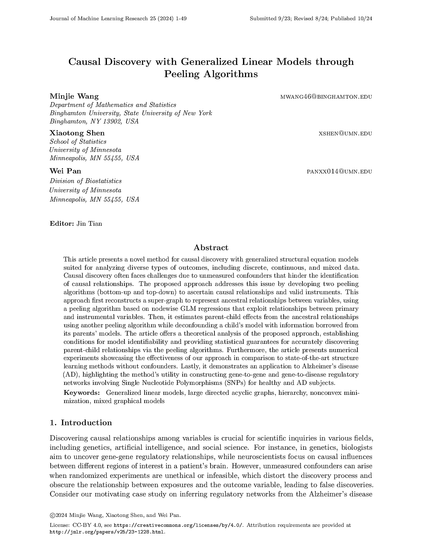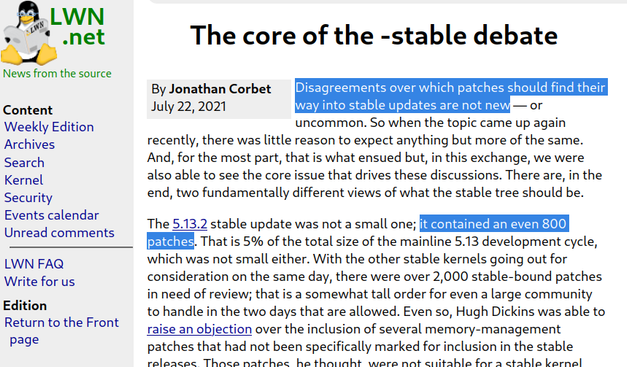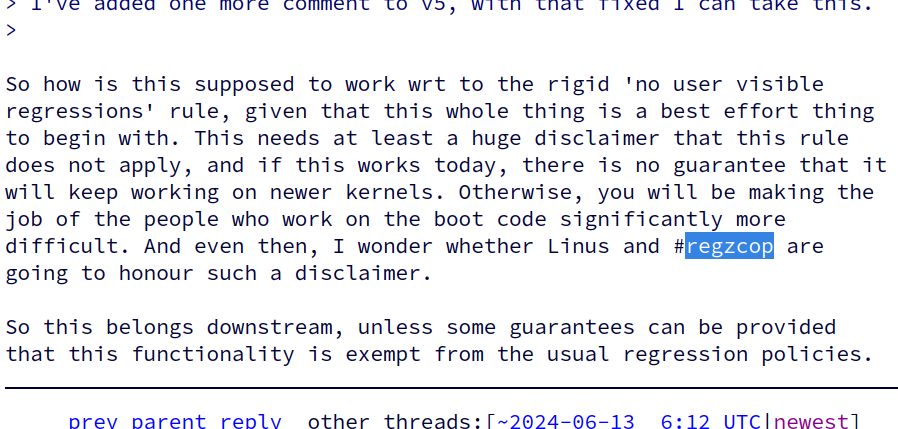https://www.patreon.com/posts/thanks-x-giving-144393699 #t2 #t2linux #RISC #BigEndian #Bugs #Patches #Fixes #Regressions
https://www.patreon.com/posts/thanks-x-giving-144393699 #t2 #t2linux #RISC #BigEndian #Bugs #Patches #Fixes #Regressions
Visual Regression Testing for External URLs With Playwright, by @matthiasott:
https://matthiasott.com/notes/visual-regression-testing-for-external-urls-with-playwright

Visual Regression Testing for External URLs With Playwright · Matthias Ott
Matthias Ott is an independent user experience designer and web design engineer from Stuttgart, Germany. He also teaches Interface Prototyping at the Muthesius Academy of Fine Arts and Design.
Automated Visual Regression Testing With Playwright, by @csstricks:
https://css-tricks.com/automated-visual-regression-testing-with-playwright/
Automated Visual Regression Testing With Playwright | CSS-Tricks
With visual regression testing, we can update a page, take screenshots before and after the fact, and compare the results for unintended changes. In this article, learn how to set up visual regression testing using Playwright.
How to Do Visual Regression Testing in Vue With Vitest?, by @alexanderopalic@x.com:
https://alexop.dev/posts/visual-regression-testing-with-vue-and-vitest-browser/
How to Do Visual Regression Testing in Vue with Vitest? | alexop.dev
Learn how to implement visual regression testing in Vue.js using Vitest's browser mode. This comprehensive guide covers setting up screenshot-based testing, creating component stories, and integrating with CI/CD pipelines for automated visual testing.
#WTF
#Nextcloud Android App
Severe #regressions
Photo uploads:
EXIF GPS data is stripped. WTF1
Autouploads:
no-media files are not automatically uploaded WTF2
Already filed and discussed in several issues like recently in
https://github.com/nextcloud/android/issues/14199#issuecomment-2558771115
and previously in
Automatic Upload Issue on Nextcloud Android Client (v3.30.6) - Android permissions lost after update · Issue #14199 · nextcloud/android
⚠️ Before posting ⚠️ This is a bug, not a question or an enhancement. I've searched for similar issues and didn't find a duplicate. I've written a clear and descriptive title for this issue, not ju...
'Causal Discovery with Generalized Linear Models through Peeling Algorithms', by Minjie Wang, Xiaotong Shen, Wei Pan.
http://jmlr.org/papers/v25/23-1228.html
#causal #alzheimer #regressions
The two #Bluetooth #regressions[1] recently affecting many people in #Linux mainline and various stable/longterm #kernel series should soon be a thing of the past:
Linus merged fixes into #LinuxKernel 6.12-rc4[2] and Greg queued them for the next stable releases[3].
Wondering what we should learn from this wrt to handling such regressions quickly and ideally even preventing them from hitting stable.
[1] https://lore.kernel.org/all/4e1977ca-6166-4891-965e-34a6f319035f@leemhuis.info/
[2] https://git.kernel.org/torvalds/c/d7f513ae7b108f953cceec8bc96d2e5e83c3ccd0
[3] https://lore.kernel.org/all/2024102100-spongy-etching-0695@gregkh/
Can you come up with convincing *stats* on why backporting a huge pile of patches (say 800+, like in the case of #Linux 6.10.3) to stable #kernel series just days after being mainlined *during the merge window* and thus included in a mainline -rc1 is *worse* than quickly backporting changes mainlined *during the rest of the development cycle*?
Then tell me about it, because then I'll bring this up on the maintainers summit while talking about #regressions.
1/ FWIW, this is what I tried: I…



